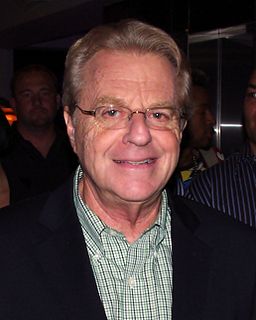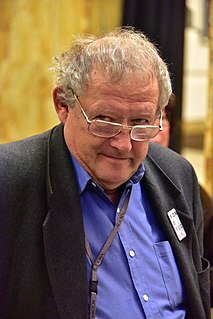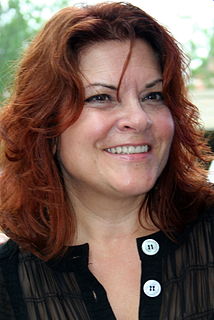A Quote by Billy Bragg
The evil lot who did that thing on September 11 did it because they wanted to create a war between America and Islam. And by invading Iraq, we gave them what they hoped for.
Related Quotes
I opposed the war in Iraq because I did not believe it was in our national security interest, and I still don't. What we [America] did was akin to taking a baseball bat to a beehive. Our primary security threat right now is terrorism - and by doing what we did in Iraq, we've managed to alienate a good part of the world and most of the allies whose intelligence and other help we need to combat and defeat terrorism.
It happened: the first 9/11, it happened on September 11, 1973, in Chile. We did it. Was that interfering or hacking a party? This record is all over the world, constantly overthrowing governments, invading, forcing people to follow what we call democracy, as in the cases I mentioned. As I say, if every charge is accurate, it's a joke, and I'm sure half the world is collapsing in laughter about this, because people outside the United States know it. You don't have to tell people in Chile about the first 9/11.
It is a tough choice. In war, people die. But when we refuse to confront the enemy, we will face the enemy in New York and Washington, as we did on 9-11. As for responsiblity, of course we stand by our decision to go to war on Iraq. President Kennedy said that friend and foe alike should know where America stands.
The difference between the Bush I war against Iraq and the Bush II war against Iraq is that in the first one, we appealed to the sentiments and interests of the different groupings in the region and had them with us. In the second one, we did it on our own, on the basis of false premises, with extremely brutality and lack of political skill.
As far as commercials were concerned, I did very few, and I did them only when they gave me carte blanche to them the way that I wanted to. And I did them as an exercise, because I, who do very long films, never thought I would be able to tell a story in 30 or 40 seconds - you come across a whole new system and manner of approaching a subject.
The anniversary of the tragic attacks on September 11, 2001, and September 11, 2012, is a day to remember those who died and suffered. It is also an opportunity to open a new dialogue on the tactics and strategies that have been successful - and unsuccessful - in confronting, containing, and defeating the threat from radical Islam.
He [Johnny Cash] was so fragile. We invaded Iraq in March, and he died in September. And because his health was so fragile, he couldn't take the controversy of making a public statement against the war. He knew that people were rabid. They attacked me mercilessly after I did the press conference with Musicians United to Win Without War. He knew that he couldn't tolerate that.




































